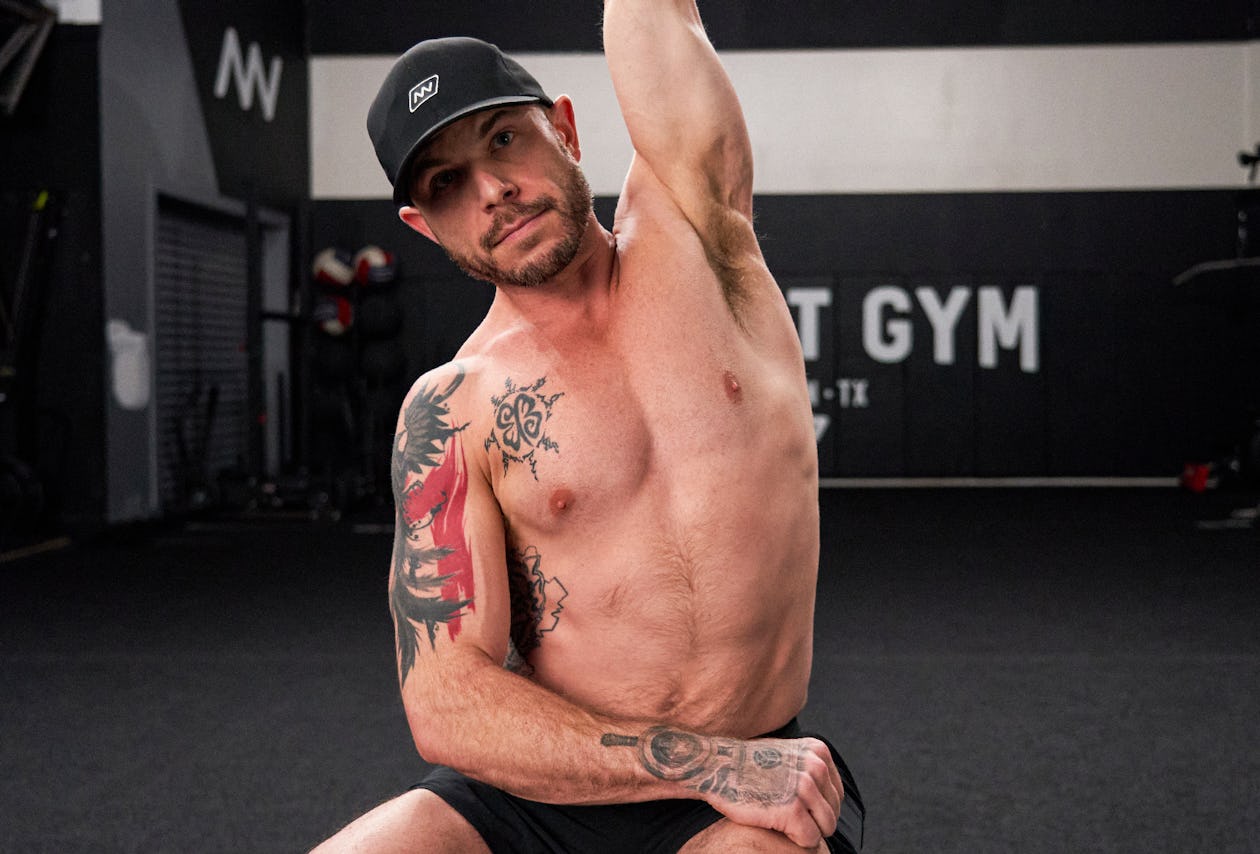Nothing can ruin your day before it even begins like not sleeping the night before. You know the feeling: you’re wide awake all night and, just when you’re starting to nod off at 7 a.m., you have to get up and go to work. It’s torture. But before you go running for prescription sleep pills, make sure you try all the natural options available to you first. Chances are your diet is missing some simple, healthy foods that can make a big difference. Here are four foods you should add to your menu to help you sleep.
#1 Salmon

This pink-fleshed fish is packed with muscle-building protein and heart-supporting omega-3 fats, but also vitamin D, which has been linked to a host of good things ranging from immune health to a positive mood—and solid sleep. A 2014 study demonstrated that eating three to four servings of salmon (about three ounces each) three times a week for six months helped people fall asleep more quickly—and feel more alert the next day—than eating poultry, beef, or pork.
#2 Kiwi

In addition to being low in calories and delicious, these little green guys contain serotonin, a chemical that helps regulate your sleep cycle. A study in Taiwan found that people who ate two kiwis one hour before bed every night for a month fell asleep more quickly than when they didn’t eat anything beforehand. Their ability to sleep straight through the night also improved, as well as total time spent sleeping.
#3 White Rice

Unlike brown rice, the white stuff has had most of its nutrients removed, including fiber. As a result, it’s not very nutritious, but, used strategically, it could be your secret weapon for a good night’s sleep—even if you follow a low-carb diet overall.
White rice is a very fast-digesting food. It spikes blood sugar quickly, and then lets it crash. That crash is what makes you tired in the afternoon if you’ve had a big, carb-rich lunch, and that’s a nuisance if you want to be alert at work. But right before bed, it’s perfect for helping induce sleep. A 2014 study found that high intakes of white rice were associated with good sleep, and longer sleep duration. Another study from the same year showed that eating rice more than an hour before bedtime helped improve sleep in elite athletes.
#4 Cherry Juice

Melatonin is a natural hormone that your body releases at night to promote sleep. “Everything you put in your belly is influencing melatonin production, storage, and utilization,” says Shawn Stevenson, author of Sleep Smarter. He recommends drinking tart cherry juice, which is a natural source of melatonin. A study in the European Journal of Nutrition found that subjects who drank cherry juice had an increase in melatonin levels that helped significantly to promote sleep.



